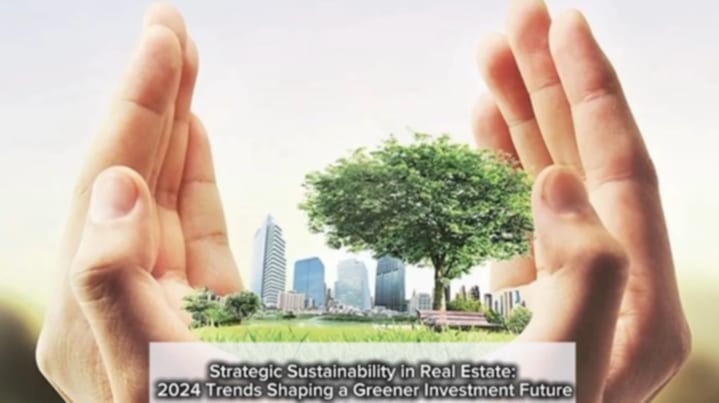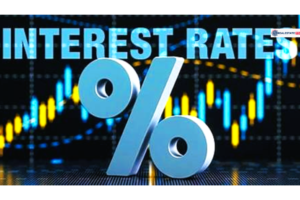

Strategic Sustainability in Real Estate: 2024 Trends Shaping a Greener Investment Future
As climate risks escalate and regulatory expectations tighten, 2024 has marked a turning point in how institutional real estate investors approach sustainability. From rising insurance costs driven by climate-related disasters to increasingly data-driven reporting requirements, the sector faces both mounting challenges and unprecedented opportunities.
At the forefront of these shifts is Alliance Global Advisors, a consulting firm advising clients with over $870 billion in assets under management. Their latest insights highlight the need for proactive, data-rich sustainability strategies that not only mitigate risk but also enhance long-term value creation.
Key 2024 Trends in Sustainable Real Estate
1. Climate Risk is Now Financial Risk
Wildfires, heat waves, and floods are no longer just environmental events; they’re driving higher insurance premiums and reducing the long-term insurability of assets. Properties not designed for climate resilience may quickly become below investment-grade, creating a need for long-term adaptation strategies across portfolios.
2. Buildings Must Lead the Emissions Fight
With buildings contributing nearly 40% of global carbon emissions, real estate is at the center of the net-zero movement. Investors are under pressure to reduce greenhouse gas emissions by over 45% by 2030, prompting a surge in net zero pledges and decarbonization projects.
3. Data, Technology, and Transparency Drive Decisions
Sustainability reporting is becoming increasingly sophisticated. Real estate firms are leveraging third-party PropTech platforms to collect real-time utility data for frameworks like GRESB. These systems allow accurate forecasting of ROI on sustainability CapEx and improve transparency for capital partners.
Policy and Regulatory Forces Shaping the Market
Incentives and Penalties
Governments are using both carrots and sticks to enforce change:
- Incentives: U.S. legislation like the Inflation Reduction Act and DOE grants subsidize green retrofits and renewable energy projects.
- Penalties: Cities like New York (Local Law 97) and Boston (BERDO) impose fines on buildings with poor energy performance, turning compliance into a financial imperative.
The RPMS Policy: Raising the Bar for Multifamily Management
The Responsible Property Management Standards (RPMS) Policy, pioneered by NYCERS and recommended for other major pension systems, sets a new benchmark in social and environmental performance for residential real estate:
- 7 principles, 26 standards, and 9 required disclosures
- Restrictions on rent increases, better tenant protections, and green building requirements
- Growing adoption expected among institutional limited partners (LPs)
Construction, CapEx, and Cost Trends
- Net Zero Construction may carry higher upfront costs but is now increasingly affordable due to green materials, rebates, and advanced procurement strategies.
- The energy transition is becoming cost-effective, with solar panels, EV infrastructure, and HVAC innovations seeing steep price declines.
- Innovative partnerships with non-traditional suppliers are helping developers improve ROI while maintaining high ESG standards.
Regulatory Spotlight: SEC Climate Disclosures
Though currently paused pending judicial review, the SEC’s Climate Disclosure Rule has sent a clear signal: regulatory transparency is inevitable. Public companies must prepare to disclose:
- Scope 1 & 2 emissions
- Climate-related risk expenses
- Board and risk management oversight structures
Alliance advises real estate managers to proactively collect and report climate data regardless of enforcement delays and investors are still demanding transparency.
Alliance’s Strategic Outlook
According to Alliance Global Advisors:
- Sustainability is no longer optional; it’s central to investment performance.
- Technological readiness and regulatory alignment will separate leaders from laggards.
- Social metrics like tenant rights and housing stability will be as critical as environmental performance moving forward.
“We are at a point where sustainability reporting and real asset management must go hand-in-hand. The future of real estate investing depends on how seriously firms take climate and social risk today,” Alliance states.




































